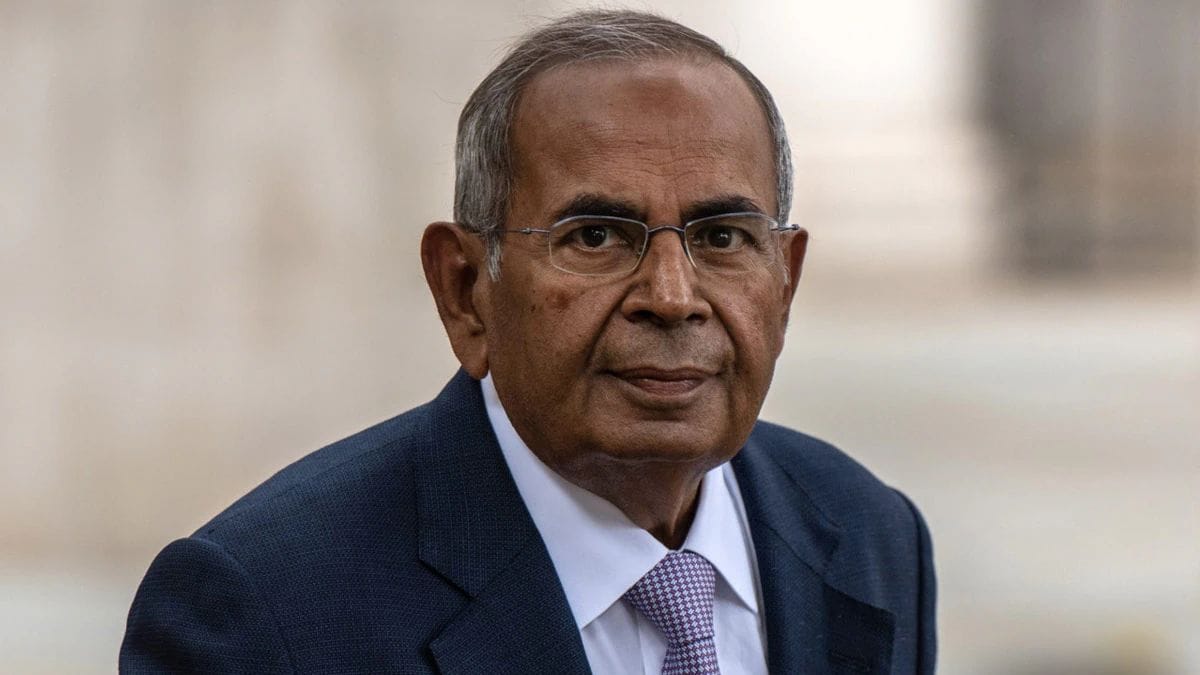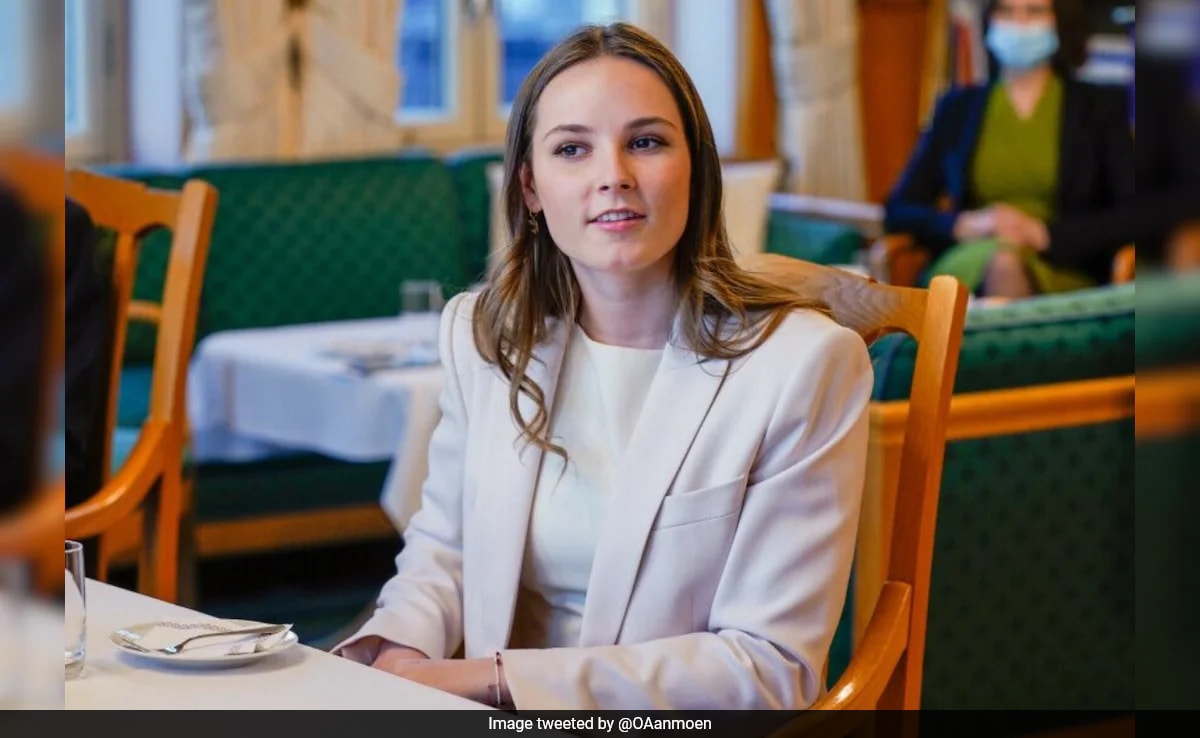The missive appeared to be a thinly veiled reference to Dr. Luiz Loures, a former U.N. assistant secretary-general at UNAIDS, who allegedly forcibly kissed a staffer, Martina Brostrom, before trying to drag her out of a Bangkok hotel elevator.
Loures denied any wrongdoing.
âI categorically reject the findings made public by UNAIDS and maintain that I have never sexually harassed anyone,â Loures told The Associated Press in an email. He said that despite volunteering to cooperate with the reopened U.N. probe into the sexual harassment allegations, he was never interviewed by the investigators.
âThe only conclusion one may reach is that the second investigation was politically motivated, one-sided, unjust and not based on objective factors,â he wrote.
An earlier inquiry found insufficient evidence to substantiate Brostromâs claims, but a second report from an independent panel concluded that there was a culture of impunity and âdefective leadershipâ at the Geneva-based U.N. agency.
Brostrom was dismissed by UNAIDS in 2019, following an AP story that revealed she herself was being investigated for financial and sexual misconduct before she leveled the sexual harassment charges against her superior, Loures.
The internal email appears to be the first time UNAIDS has acknowledged wrongdoing by a senior staffer, although it didnât identify Loures by name. UNAIDS spokesperson Sophie Barton-Knott said in a statement on Monday that matters concerning investigations and disciplinary hearings are confidential.
The misconduct accusations rocked UNAIDSâ leadership, prompted Sweden to announce it would suspend funding until a new leader was in place, and was a major distraction for an agency at the center of multibillion-dollar, taxpayer-funded efforts to end the AIDS epidemic by 2030.
UNAIDSâ Executive Director Winnie Byanyima, who took over in 2019, told staff in a message last week she hoped the announcement of the results of the investigation âcould be a moment of closure,â while apologizing that the news could âopen up past traumaâ for some staffers.
Byanyima said the investigation, originally handled by the World Health Organization, which oversees some UNAIDS issues, concluded that the unnamed senior staffer âfailed to observe the standards of conduct required of an international civil servant.â
His unacceptable treatment of women was âseemingly tolerated by senior management at UNAIDS at the time, perpetuating an organizational culture which appeared to enable such conduct,â Byanyima said in the message obtained by the AP.
âI want to assure you that I have taken appropriate action in this case, in line with UNAIDSâ firm commitment to zero-tolerance for any form of abusive conduct,â Byanyima wrote. She said she had been âfrustrated by slow, cumbersome internal justice processesâ at UNAIDS and was seeking better solutions.
Brostrom first went public in 2018 with claims that Loures sexually assaulted her during a work trip, and two other women described similar encounters with Loures, who has called the charges âbaseless.â Loures later stepped down from his position while previous UNAIDS chief Michel Sidibe left his post six months early.
An initial U.N. review later found there was not enough evidence to prove Brostromâs claims, but the panel appointed to look into UNAIDSâ working culture concluded there was a âvacuum of accountabilityâ at the agency and some staffers described it as a âpredatorsâ prey ground.â
Edward Flaherty, Brostromâs lawyer, said she had no comment on the latest UNAIDS email. Brostrom is currently appealing her dismissal from UNAIDS.
In recent months, the U.N. has struggled to handle increasing numbers of sexual harassment claims amid concerns there is little accountability at its specialized health agencies.
In May, the AP published an investigation showing senior WHO leadership was told in 2019 of damaging sexual misconduct claims involving WHO doctors during its response to an Ebola outbreak in Congo. WHO director-general Tedros Adhanom Ghebreyesus previously said any staffer found to be connected to sexual harassment would be immediately terminated.
One of the WHO officials informed of abuse claims in writing, as reported by the AP, was subsequently promoted and directed the agencyâs efforts to stop Ebola in Guinea earlier this year.
WHO appointed a panel last October to urgently investigate claims of sexual abuse during the Ebola epidemic in Congo. It has yet to release any findings and has resorted to asking media for more details of the alleged misconduct.
.png)











 English (United States) ·
English (United States) ·  Turkish (Turkey) ·
Turkish (Turkey) ·